Nitrogen and sulfur present in dye-contaminated wastewater are incorporated into an energy material, simultaneously addressing two important issues.


Nitrogen and sulfur present in dye-contaminated wastewater are incorporated into an energy material, simultaneously addressing two important issues.
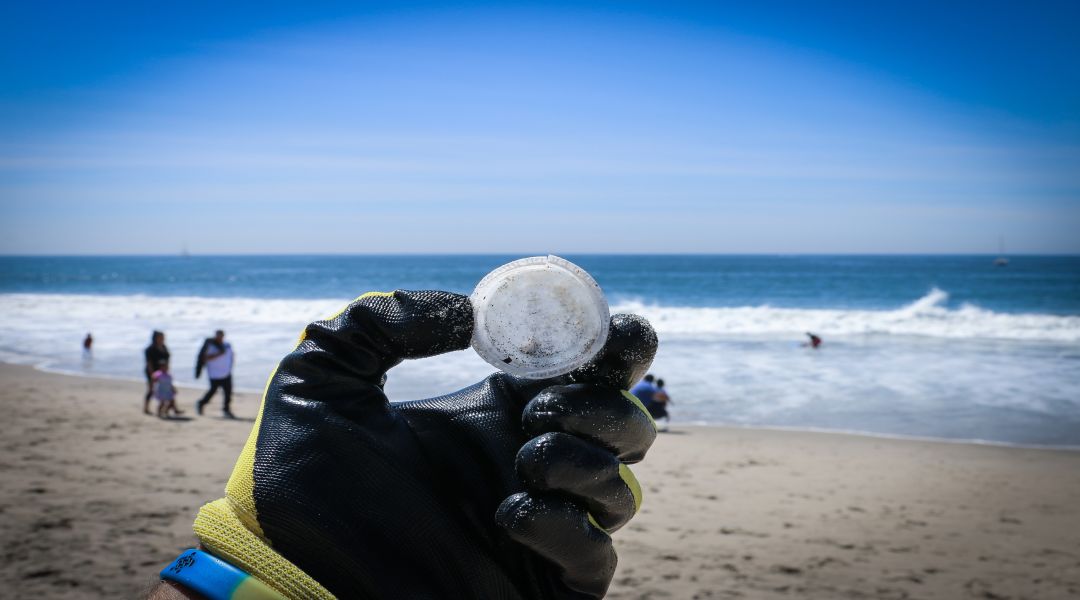
Microplastics are synonymous with risks to health and the environment, but how much of this concern is actually justified?

Implementing universal healthcare in low- and middle-income countries requires a robust implementation framework.
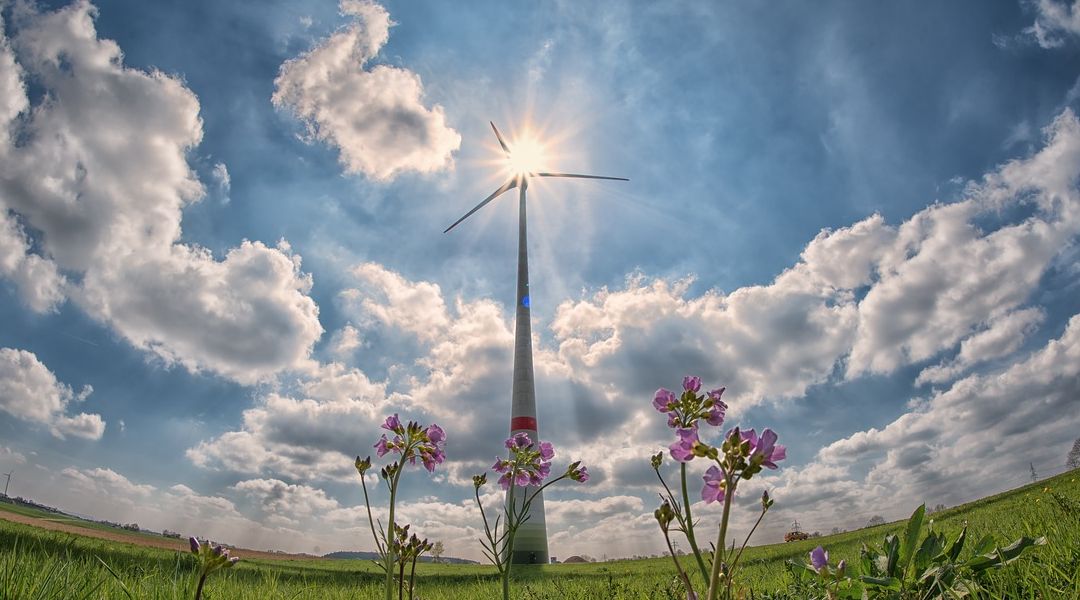
Digital management is the key to realizing renewable energy on a year-round, global scale.
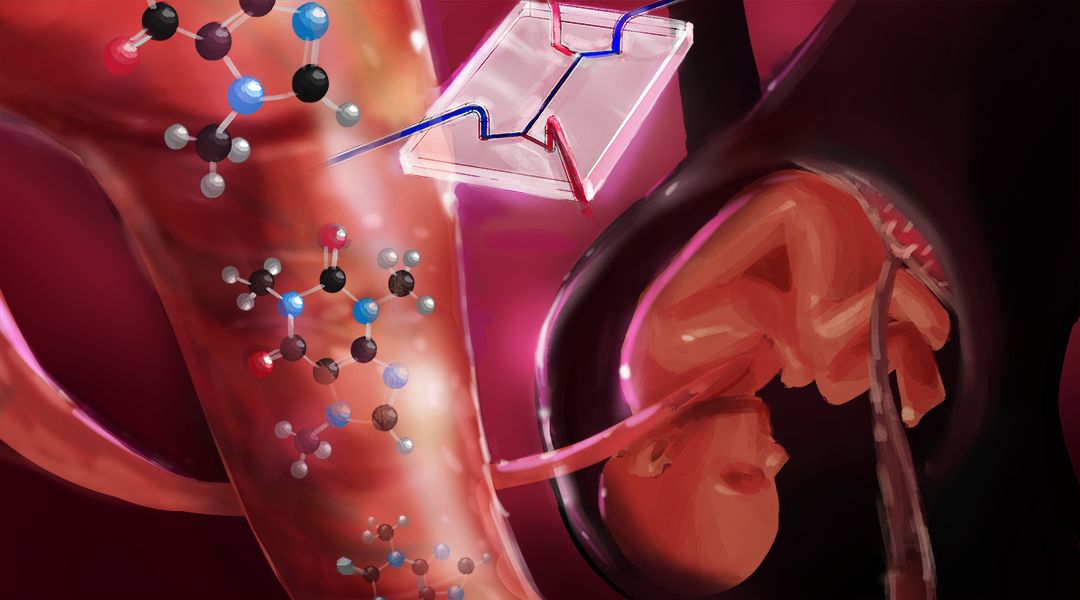
Organ-on-a-chip technology allows for the study of caffeine transport across the placenta to the fetus during pregnancy.

Mars colonization may soon become a reality, but what are the pros and cons of this feat?

Researchers from Mainz and Aschaffenburg use a sugary material to help save our depleted ozone layer.
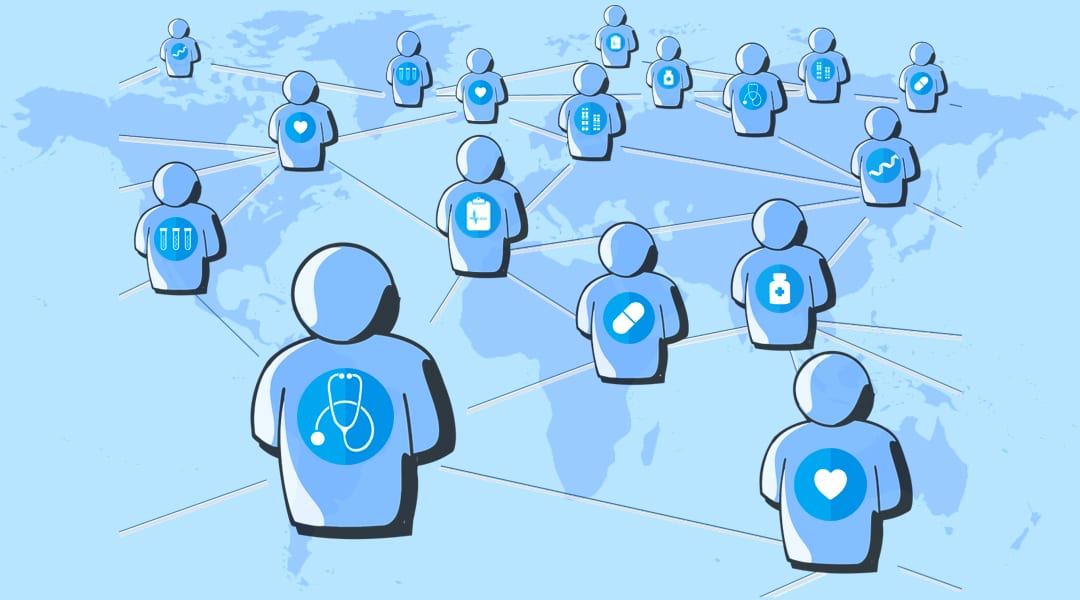
Increasing consumption of western and low fiber diets, smoking or just exposure to tobacco smoke, harmful use of alcohol, physical inactivity, and environmental pollutants may have programed the human epigenome for higher NCCDs risk.

The editors of Global Challenges share their favorite articles.
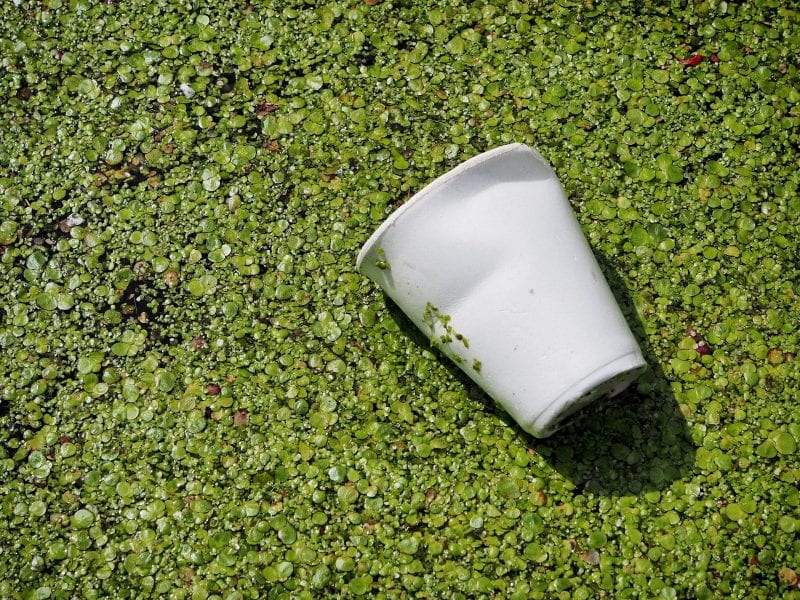
The stability of biodegradable polymers in both fresh water and sea water is investigated to determine how degradable they really are.